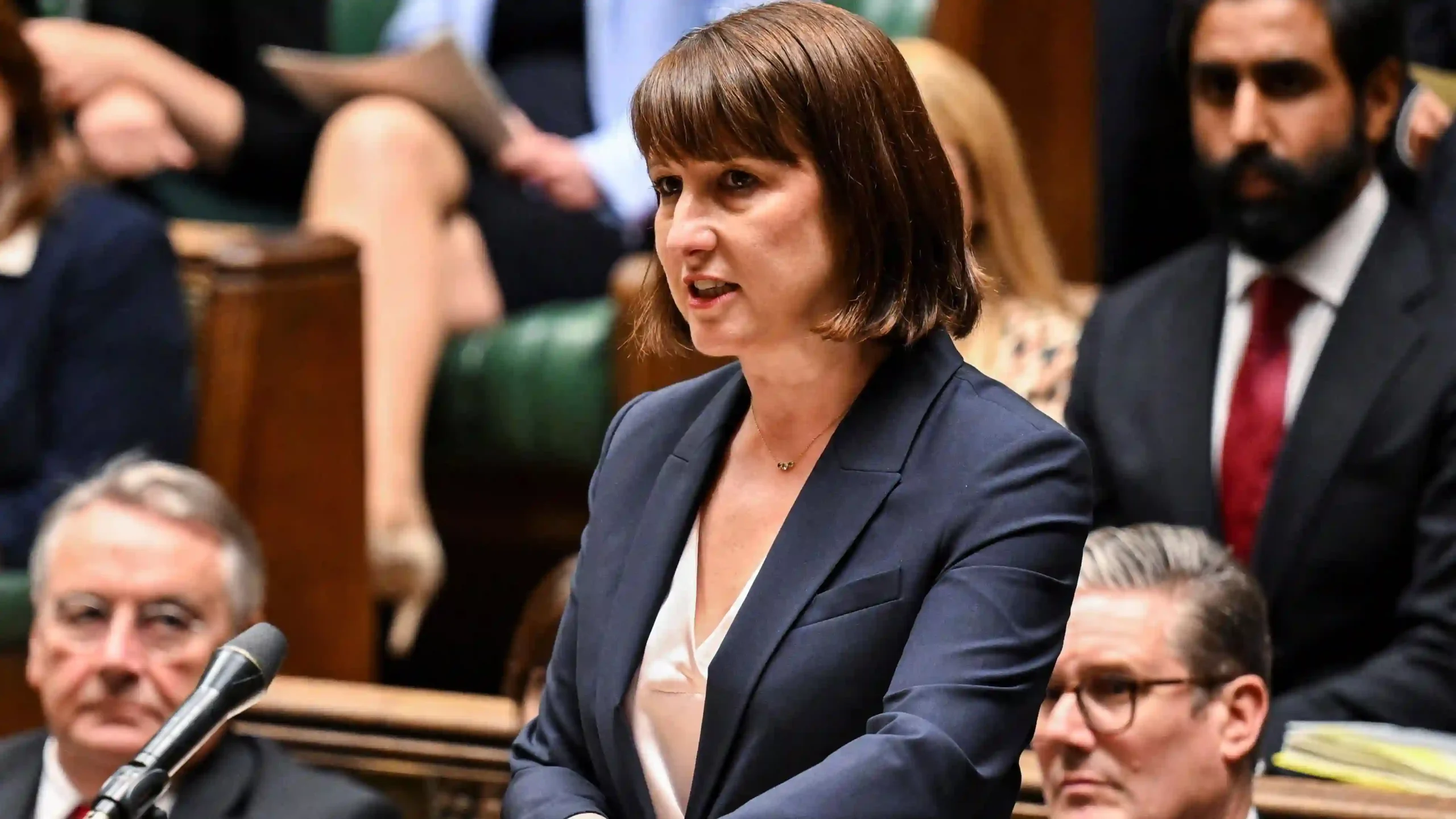UK (Parliament Politics Magazine) – Chancellor Rachel Reeves reaffirmed tax pledges for workers but left the door open to a wealth tax, insisting her fiscal rules remain non-negotiable.
As reported by The Independent, Ms Reeves signalled that a wealth duty remains possible, though she pledged not to increase the duty for working-class people.
Rachel Reeves’ views on tax rises and budget plans
Ms Reeves said she’d not respond to rumours about the coming budget, pointing out that no functionary date has been finalised for its announcement.
She confirmed there would be no increases in income tax, VAT or national insurance, stressing that her fiscal rules were “non-negotiable.”
Ms Reeves said,
“We haven’t even set the date for the budget yet, so please forgive me if I’m not going to speculate about what might happen at an event that we haven’t even decided a date on yet.”
The chancellor stated,
“But we’ve been really clear in our manifesto about the taxes that we won’t increase, and we’re not going to increase the taxes that working people pay, their income tax, their national insurance and their VAT, because I do recognise the struggle that ordinary working people have faced these last few years with the cost of living.”
Ms Reeves claimed her financial framework wasn’t over for debate, arguing it ensures fiscal stability for working people, especially on interest rates.
She added,
“Interest rates have come down four times in the last year under this Labour Government because of the stability that we’ve managed to return to the economy, which is underpinned by those fiscal rules, which have enabled the Bank of England to cut interest rates.”
What did Andrew Bailey say about jobs and the NICs hike?
The Bank of England’s governor, Andrew Bailey, indicated that interest rates could be cut further if the labour market weakens, citing pressure from the NIC increase introduced by Ms Reeves.
He said businesses are “adjusting employment” after the NICs hike, and workers are
“also having pay rises that are possibly less than they would have been if the NICs change hadn’t happened.”
The governor said the UK’s economic growth is below its capacity. He suggested that this might generate “slack” in the economy, leading to lower inflation and slowing price hikes relative to upcoming wage increases.
He stated,
“I really do believe the path is downward. But we continue to use the words ‘gradual and careful’ because… some people say to me ‘why are you cutting when inflation’s above target?’”
What did Darren Jones say about business and tax hikes?
Treasury Chief Secretary Darren Jones said firms typically adjust their strategies after tax increases.
He added,
“We’ve also seen the creation of hundreds of thousands of new jobs across the country, and it’s normal for businesses to make adjustments to their plans, depending on the cost of business, in the normal way. But we’re really focused as a Government in supporting businesses to create more jobs.”
What did Heidi Alexander say about tax increases for modest incomes?
Heidi Alexander, the Transport Secretary, said the government will not increase taxes on “modest income groups.”
She said,
“We made a commitment in our manifesto not to be putting up taxes on people on modest incomes, working people. We have stuck to that.”
Ms Alexander added,
“We are determined, when it comes to taxation, that fairness is going to be our guiding principle.”
Treasury spokesperson’s views on strengthening public finances
A Treasury spokesman stated,
“The best way to strengthen public finances is by growing the economy, which is our focus. Changes to tax and spend policy are not the only ways of doing this, as seen with our planning reforms, which are expected to grow the economy by £6.8 billion and cut borrowing by £3.4 billion.”
They added,
“We are committed to keeping taxes for working people as low as possible, which is why at last autumn’s Budget, we protected working people’s payslips and kept our promise not to raise the basic, higher or additional rates of income tax, employee National Insurance, or VAT.”


